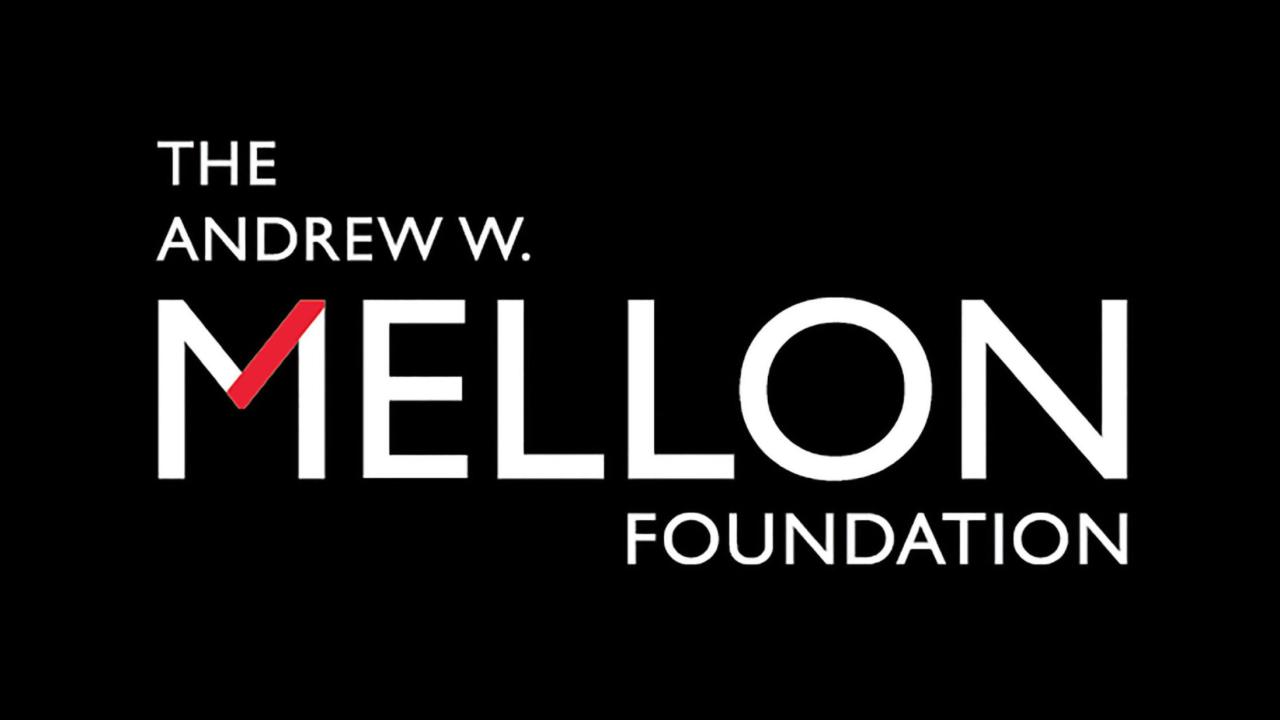
Event Date
Call for Internal Proposals: 2021 Mellon New Directions Fellowship
DEADLINE: by 5 p.m. Friday, August 28, 2020.
ELIGIBILITY: Senate faculty who received their doctorate between 2008 and 2014.
UC Davis has been invited to submit one nominee for the Andrew W. Mellon Foundation’s New Directions Fellowship. These highly selective fellowships provide support for exceptional faculty in the humanities and humanistic social sciences who received their doctorates between 2008 and 2014. Fellows pursue systematic training and academic competencies outside their own special fields in order to advance a cross-disciplinary research agenda. This fellowship does not aim to facilitate short-term outcomes, such as completion of a book. Rather, New Directions Fellowships are intended as longer-term investments in scholars’ intellectual range and productivity.
INTERNAL APPLICATION GUIDELINES:
We invite faculty to submit a proposal for consideration as the UC Davis nominee. Proposals should include:
- A project summary of no more than 300 words (2,000 characters, with spaces).
- A proposal of no more than 2,000 words (13,000 characters, with spaces), providing an explanation of the overall significance of the research being undertaken and how the proposed new direction will assist in the development of the field.
- A concise curriculum vitae, no more than five pages in length.
Please note the following additions to this year’s New Directions call from Mellon:
- Priority will be given to applications that manifest 1) a strong focus on issues of race, ethnicity, and migration, or 2) a focus on filling in the gaps left by more traditional narratives in the history of the Americas.
- In an effort to recognize and address travel and access constraints related to the COVID-19 global pandemic, supplemental funds up to $15,000 will be available for scholars who require access to collections that have not yet been digitized and cataloged, or who require the paid support of a librarian or archivist to assist with research where collections are closed to outside visitors because of the pandemic. For example, payments from this supplement may be budgeted for library or special collections partners who would work closely with the New Directions fellow to identify and define archival or library collections that can be digitized and made available for study by the fellow and—when feasible—to members of the general public.
- All applicants should include a concise plan of no more than two paragraphs outlining alternative arrangements should research activities be constrained by the long-term continuation or a resurgence of the COVID-19 or other pandemic.
Please note that the maximum award for this grant is $300,000 (notwithstanding the supplemental $15,000 for archival research needs), although final budgets commonly range from $175,000 to $250,000. Budgets are not required of applicants for the internal review. Once selected, the campus nominee will be expected to develop a budget for the final proposal submitted to the Mellon Foundation. The campus nominee also will need a letter of recommendation from the candidate’s department chair or other senior colleague which should address the candidate’s preparation and the relationship of the “new direction” to the nominee’s research and pedagogy. An additional letter of recommendation may be submitted from a colleague in the new field, if appropriate.
Proposals will be reviewed by an interdisciplinary panel of senior faculty in the humanities and humanistic social sciences. Once selected, the campus nominee will be asked to refine their proposal for internal submission to Sponsored Programs by Monday, September 21. The final sponsor deadline is Monday, September 28, 2020.
Detailed guidelines for the New Directions Fellowships are available at:
https://mellon.org/programs/higher-learning/new-directions-fellowships/
AWARD TERMS:
Eligible candidates will be faculty members who were awarded a doctorate in the humanities or humanistic social sciences within the last six to twelve years and whose research interests call for formal training in a discipline other than the one in which they are expert. Such training may consist of coursework or other programs of organized study. It may take place either at fellows' home institutions or elsewhere, as appropriate. Although it is anticipated that many fellows will seek to acquire deeper knowledge of other fields within the broadly defined sphere of the humanities and humanistic social sciences, proposals to study disciplines farther afield are eligible. The principal criteria for selection are: (1) the overall significance of the research, (2) the case for the importance of extra-disciplinary training for furthering the research, (3) the likely ability of the candidate to derive satisfactory results from the training program proposed, and (4) a well‑developed plan for acquiring the necessary training within a reasonable period of time.
Fellows will receive: (1) the equivalent of one academic year's salary, (2) two summers of additional support, each at the equivalent two-ninths of the previous academic year salary, and (3) tuition or course fees or equivalent direct costs associated with the fellows' training programs. To permit flexibility in meeting individual scholars' needs, these funds may be expended over a period not to exceed three full academic years following the date of the award. The award normally can be delayed for a maximum of one year, if circumstances require it. The Foundation also expects the fellow's home institution to use budgetary relief resulting from the award for academic purposes, preferably in the fellow's department.
